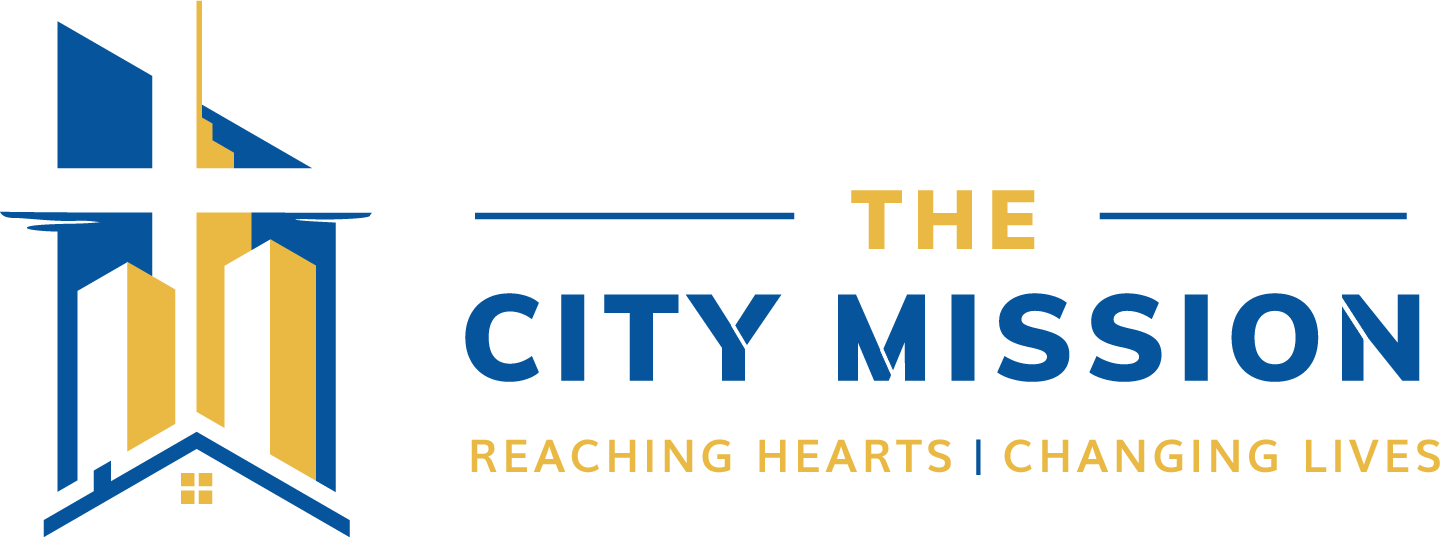Moving Forward Together
Protecting Clevelanders Experiencing Homelessness In COVID-19’s New Normal
Many Ohio restaurants and businesses are opening back up and considering what the new normal will look like while COVID-19 remains a threat to vulnerable populations. But organizations that serve Cleveland’s homeless face a unique set of challenges in preparing to reopen programs and welcome in an increase in clients as the economy suffers.
The City Mission, a 110-year-old organization that helps men, women, and children recover from homelessness and achieve housing and income goals, is one such nonprofit implementing new policies and procedures to keep both clients and staff safe in the midst of COVID-19. While coronavirus stats from publicly funded human services organizations are difficult to find, The City Mission (a privately funded organization) has not seen any diagnosed cases of COVID-19 at their men’s and women’s crisis centers since the pandemic began in spring 2020. Here’s how they are creating safe, sanitary spaces and continuing to empower clients in the midst of this crisis.
Physical Adjustments
When COVID-19 hit the United States and homeless services centers around the country began experiencing devastating outbreaks, Rich Trickel, CEO of The City Mission, knew that they had to act quickly to protect their staff and clients. As soon as recommendations for non-essential employees to work from home were announced, Trickel sent one third of his staff to work from home and began implementing intensified cleaning protocols onsite. In fact, every active site at The City Mission is sanitized four times a day with the help of staff and client teams working together.
“We are paying very close attention to the guidance coming from the CDC and Governor DeWine,” says Trickel. “All of our decisions are run through our primary goal of keeping our staff and clients healthy and safe.”
The City Mission has also taken drastic measures to increase the capacity for social distancing, something that is immensely difficult to do in a crisis center. In spacing their dorms at Crossroads Men’s Crisis Center, program manager Dominic Verdell decided to repurpose their lounges into sleeping quarters to provide greater distance between clients. In making that change they converted an onsite gymnasium into one larger lounge and rec room that provides a space for men to watch movies, play ping pong and basketball, and take a break from the stress of coping with COVID-19 as a person already in crisis.
In addition to new cleaning protocols, The City Mission has also erected plexiglass barriers in high contact areas within their buildings, provided Personal Protective Equipment to all staff and clients, and is requiring clients to shelter in place as much possible, which means staying on campus except for necessary appointments and receiving essential services. Even volunteering has also been suspended or highly modified to meet social distancing standards.
While these physical adjustments present many challenges for staff and clients, the requirements have also proved successful in preventing COVID-19 from entering the Mission’s doors, allowing them to focus on their true work of helping clients move from homelessness to stable, healthy lives.
Living with over 100 other people who are each recovering from their own trauma and addictions while having limited personal space is no easy ask for clients. “During this time, we have been extremely concerned about the mental health and recovery of our clients with the additional stress of these circumstances,” says Michael Hahn, program manager at Laura’s Home Women’s Crisis Center.
Within the first two weeks of pandemic protocols, staff were able to transition all substance abuse treatment and individual counseling to telehealth services. Hahn says this has allowed both youth and adult clients to maintain progress in their recovery and mental health therapy, despite needing to majorly adjust or postpone the usual classes offered in The City Mission’s programs until early summer.
At both Crossroads and Laura’s Home, program managers are also noticing that clients are paying closer attention to their physical health symptoms. Awareness of acute and chronic health issues is a win for this population, as people who are in crisis can struggle to find the time and resources to adequately tend to wellness. The staff has seen this attentiveness lead to proactive healthcare checkups. With the help of a local healthcare provider, The City Mission was able to conduct 170 onsite medical visits at Crossroads during March and April alone.
Verdell sees another positive in the midst of the challenges – clients offering support to one another.
He remarks on a moment where he stopped by the rec room and noticed three clients sitting at a table with one of our security staff playing dominos. “These men didn’t have much in common with one another before coming to the Mission. They came from different parts of town, different backgrounds, even the crises that brought them to the Mission were all different, but watching these men teasing each other, laughing together, playing a game… it gave me some hope that they’re all – our staff member included – growing personally and making progress in the midst of difficult circumstances.”
Trickel agrees. “Our guests are struggling with changes in the same ways that we all are, but they understand the importance of all we are doing, and together we are working within the guidelines to create the best situation possible.”
As the city and country discover ways to move forward together, The City Mission also hopes to regain a routine that will help clients achieve their housing and income goals, even in this uncertain economy. They are adding program components back into clients’ schedules and looking as far ahead as possible to prepare for future needs. One such concern is how to care for the ~90 children who could need regular childcare, technology, and teaching assistance in the fall.
“Planning for even several months out is still very difficult – no one knows exactly what that future may look like,” Trickel shares. He is encouraged by the way staff and clients are working together to care for their environment and make the best of a difficult circumstance.
Hahn echoes that thought saying, “We’re looking forward to summer weather and providing a positive experience for children. Women are getting back into the resource center and seeking employment and education opportunities. Families are moving into stable housing. Despite the adjustments, life is moving on and we’re in this together.”
No matter where you come from or what you face in this time, that’s a sentiment we can all relate to.
All our lives changed with the COVID-19 crisis. Many people in our community took a huge financial hit. Some responded with resilience, others with despair. Whatever their need, we’ll be there to help them find a path forward. Will you pledge to make a lifesaving automatically recurring gift commitment for the next three months, or simply donate what you can today?
Last updated 6.1.20
Every contribution makes an impact
Reaching Hearts | Changing LIVES
The City Mission is funded entirely by private donations from people like you.
Will you provide help and hope to people in crisis today?
84¢ OF EVERY DOLLAR DONATED IS USED DIRECTLY FOR RESIDENT CARE.

